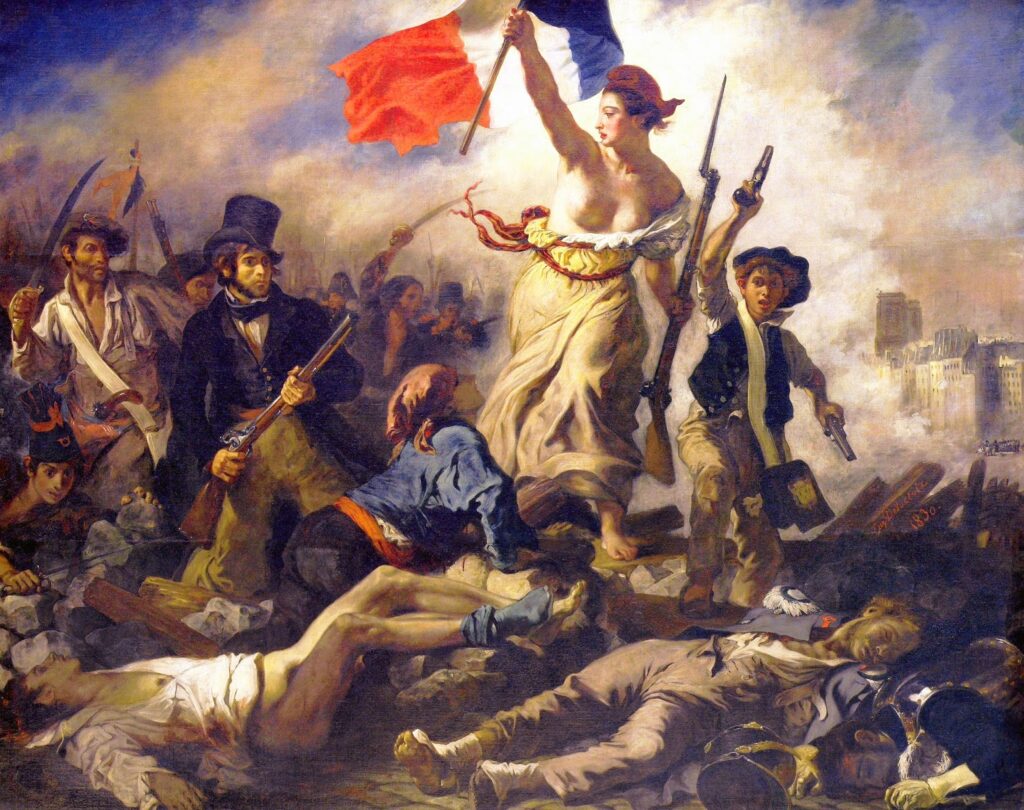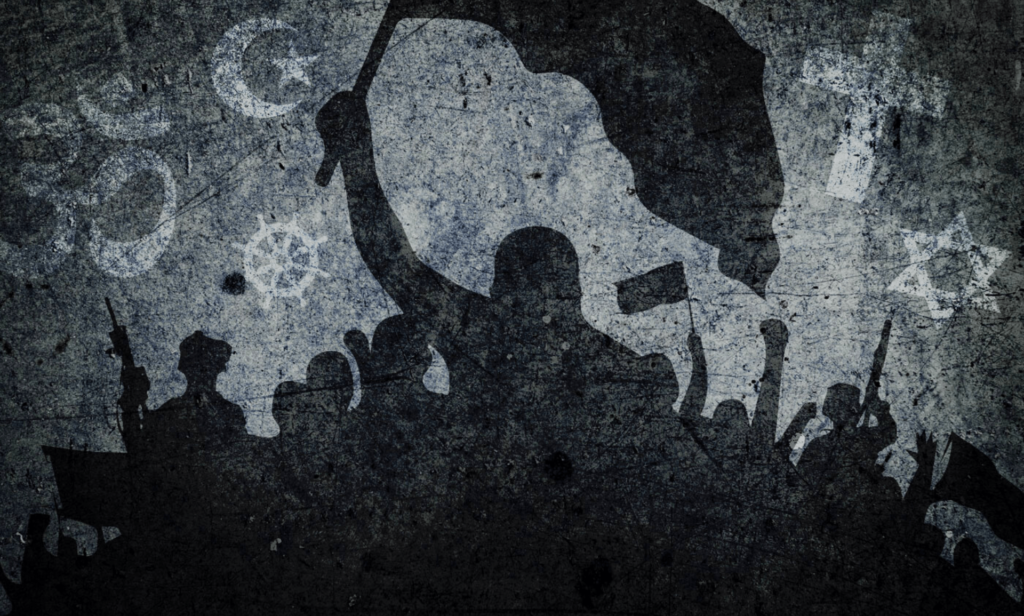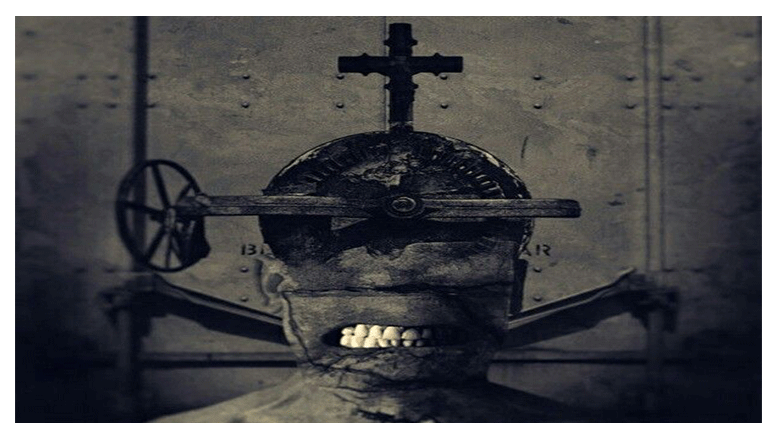Religion, across history, has wielded immense influence over societies, shaping ideologies, identities, and even entire civilisations. Yet, in today’s world, it raises increasingly complex questions. Is religion a personal belief system? A tool for conversion? Or has it become a strategic political movement?
Religion and the Authority of Power
What do religious extremists and leading politicians have in common? Regardless of the faith they claim to follow, they often operate on the same foundational principle: the authority of power. Their methods may differ—some demand compliance, others manipulate subtly, and some perform a facade of humility—but the objective is often the same: dominance. And they’ll go to any extent to achieve it, even if it means dividing societies and ruling over fragmented identities.
As Voltaire aptly said, “When it is a question of money, everybody is of the same religion.”
Since the end of the Second World War, institutions like the United Nations have paradoxically contributed to global conflicts while preaching peace. Major powers continue to supply weapons worldwide, fueling wars in pursuit of economic interests. They form convenient alliances, certain that the general public remains unaware. In such a scenario, religion often becomes a secondary mask for deeply political motives, especially when control over land, resources, and influence is at stake.

Cultural Birthright or Indoctrination?
In almost every corner of the world, religion is stamped on birth certificates without prior consent. Children are raised within frameworks of ritual, often without understanding or questioning them. Yet, as individuals grow, many start to feel conflicted between inherited faith and personal beliefs.
Coming from a Hindu household, I’ve had the privilege of not being forced to adhere strictly to rituals. While my upbringing honoured light, energy, karma, and the idea that heaven and hell exist within this world—not beyond—it didn’t stifle inquiry. Hinduism, being one of the world’s oldest traditions, offers a vast philosophical depth. But the abundance of deities and stories often left me sceptical in my younger years, especially due to the lack of empirical evidence and my limited access to ancient texts.
Despite this scepticism, my curiosity about global belief systems only deepened. Engaging with people across different religions and cultures helped me realise that human behaviour and emotions are fundamentally the same. Whether one prays in a temple, mosque, or cathedral, the core desire is connection to a higher power, a purpose, or a sense of belonging.
The Role of Religious Extremism
Religious extremism thrives by targeting vulnerable minds, promoting one belief system as superior, and often using conversion as a weapon. I’ve seen this firsthand.
In my late teens, I became deeply interested in Christianity. Its gothic aesthetic, modern relevance, and vast global following drew me in. I began attending Sunday church services, absorbing the sermons with open ears and an open heart. But soon, I was told by a priest that only through conversion could I be saved by Christ or Jesus. That moment jolted me.
My Christian friends encouraged me to seek out other pastoral interpretations, but the seed of doubt had already been planted. Why would a supreme creator care about the label of my religion if my devotion and intentions were genuine? That question stayed with me.
This phase, coinciding with personal upheavals, made me realise how easily a confused mind can be influenced. My story isn’t unique. Many convert not out of deep belief but due to emotional vulnerability, romantic pressures, political influence, or economic gain.

The Complexity of Conversion
If many claim to believe in one supreme power, why is conversion so heavily emphasised? Is it truly about spiritual transformation—or is it about numbers, power, and influence?
Conversions can occur from genuine shifts in belief, intellectual exploration, or near-death revelations. But when driven by social pressure, forced relationships, or promises of financial and political benefits, the essence of spiritual transformation is lost. It becomes strategy, not faith.
Even today, I wrestle with the need for religious labels. However, I now understand that belonging to a religion can unlock access to specific social privileges and professional networks, regardless of geography.
Religion and Political Identity
In many countries, religious identity is intricately tied to political participation. Particularly in pro-Catholic or pro-Islamic nations, involvement in church or mosque activities often correlates with civic engagement. Religious conversion, too, can be a catalyst for social mobility, bestowing a new communal identity and opening doors that were previously closed.
But this raises ethical questions: Are we respected only when we conform to specific societal moulds? Can religious conformity guarantee spiritual fulfilment? Does societal acceptance come at the cost of authentic belief?
We see these dynamics globally. In the Islamic world, for instance, debates around hijab laws and women’s reproductive rights frequently take centre stage. What began as religious or cultural practices are now deeply politicised issues. This fusion of politics and religion complicates both governance and personal freedoms, especially for women and marginalised communities.
Spiritual Hypocrisy
Many spiritual seekers advocate for universal love and unity under One God or One Creator. Yet, divisions persist. Some claim spiritual superiority while dismissing alternative beliefs. The irony? They contradict the very teachings they promote.
Unless individuals confront their internal contradictions, spirituality becomes hollow. Think of how self-proclaimed animal lovers shame vegans, or how some soil conservationists work at fast fashion industries, ignoring the deeper problem of overproduction. These contradictions highlight a broader issue: performative spirituality and political art masquerading as activism.
However, we must remember: spirituality is not about perfection or conformity. It’s a continuous journey of self-awareness, growth, and authentic acceptance.
Religion: A Mirror to Society
Religion has long influenced every aspect of life—from fashion shaping identity to ideas of childhood development, and even our evolving understanding of mental hygiene and happiness. Whether it offers hope or causes harm often depends on the intentions of its followers, not the religion itself.
In times of political upheaval, contrasting religions often unite—not for shared beliefs, but for mutual benefit. Whether in ancient Rome or modern democracies, we see strange alliances form when money and power are involved.
Ultimately, whether religion brings people closer to their soulmates, helps them seek clairvoyance, or alienates them in the name of piety, it remains a deeply personal yet publicly manipulated force. Its original purpose may have been spiritual, but its present function often seems far more political.
Religion can still be a source of meaning. But to harness its power positively, we must separate true spirituality from political theatre—and begin questioning, not blindly following.


Great article.
Very shortly this website will be famous among all blog people due to its pleasant content.